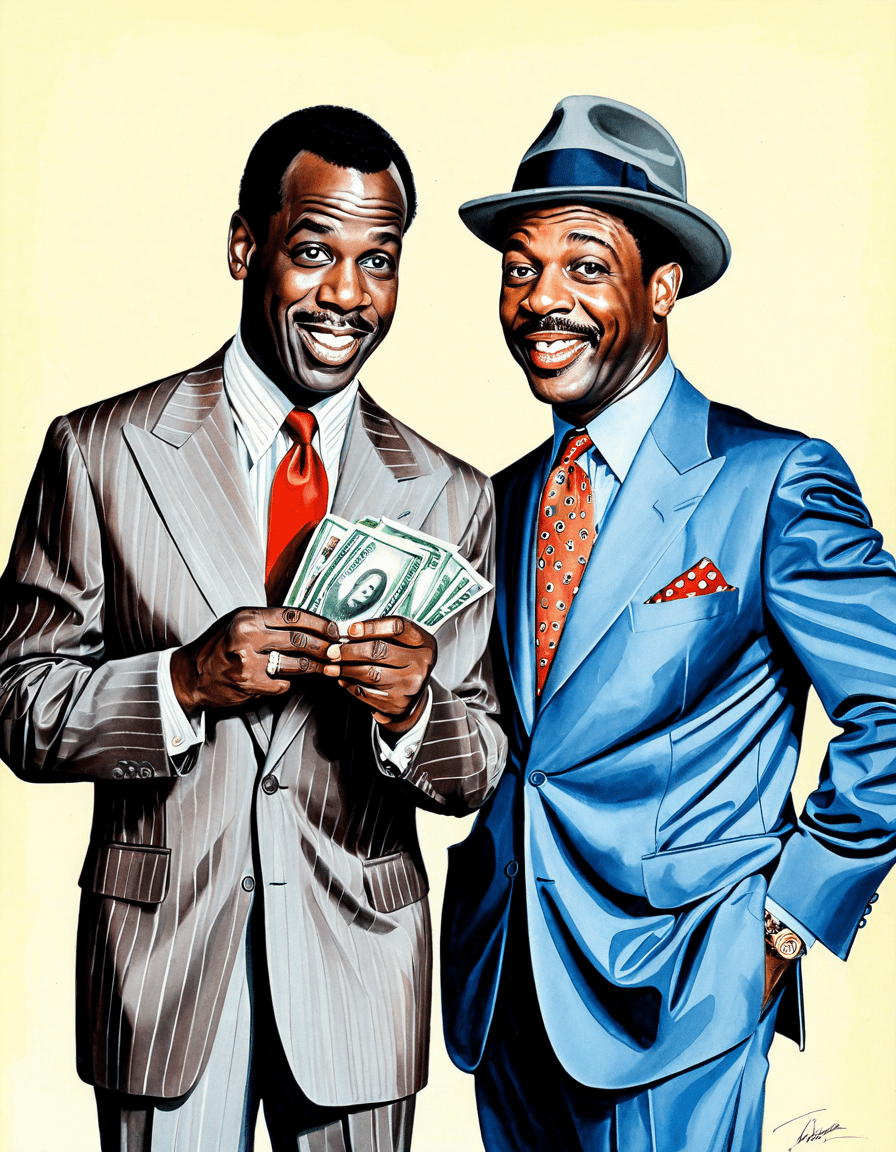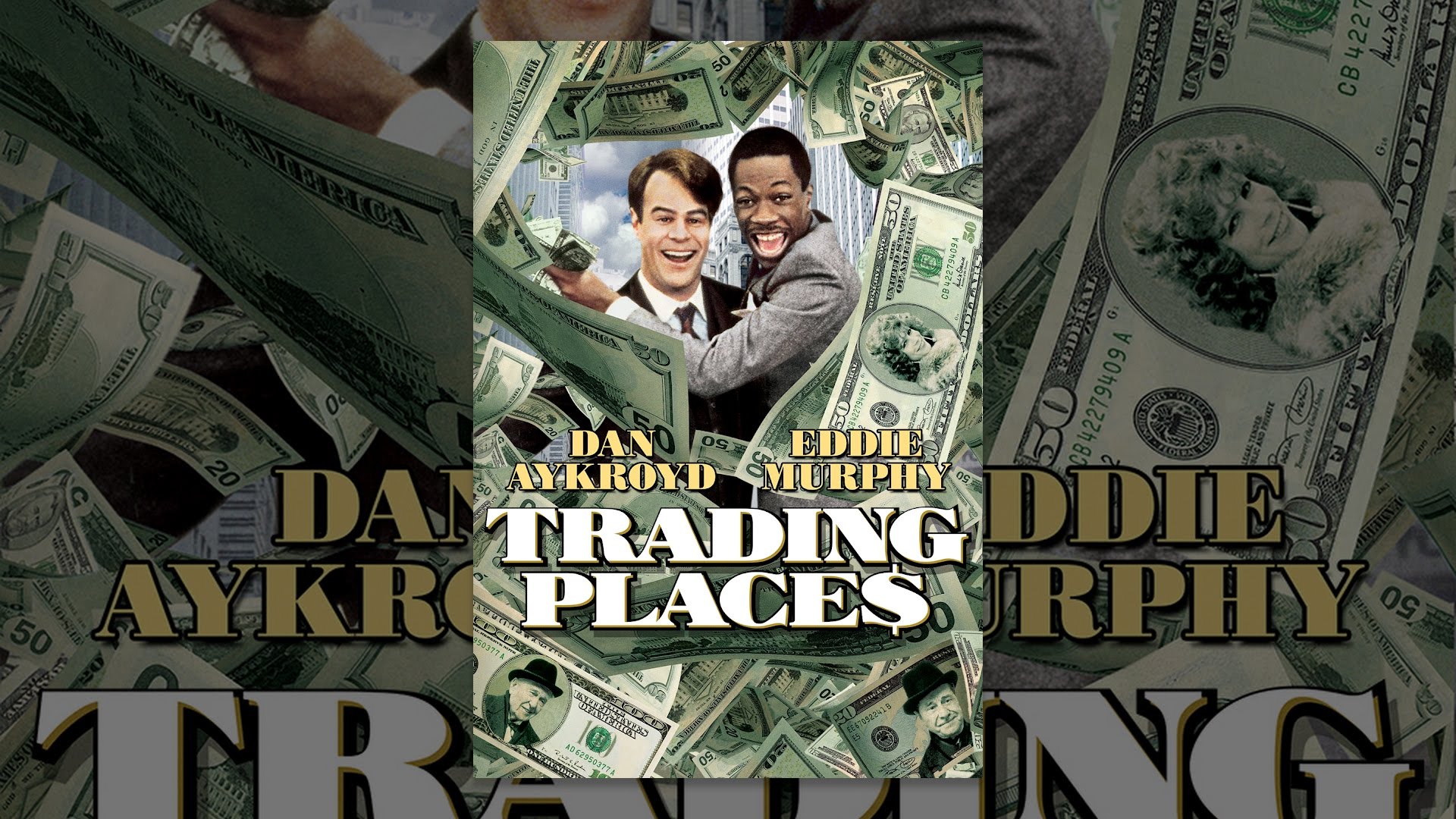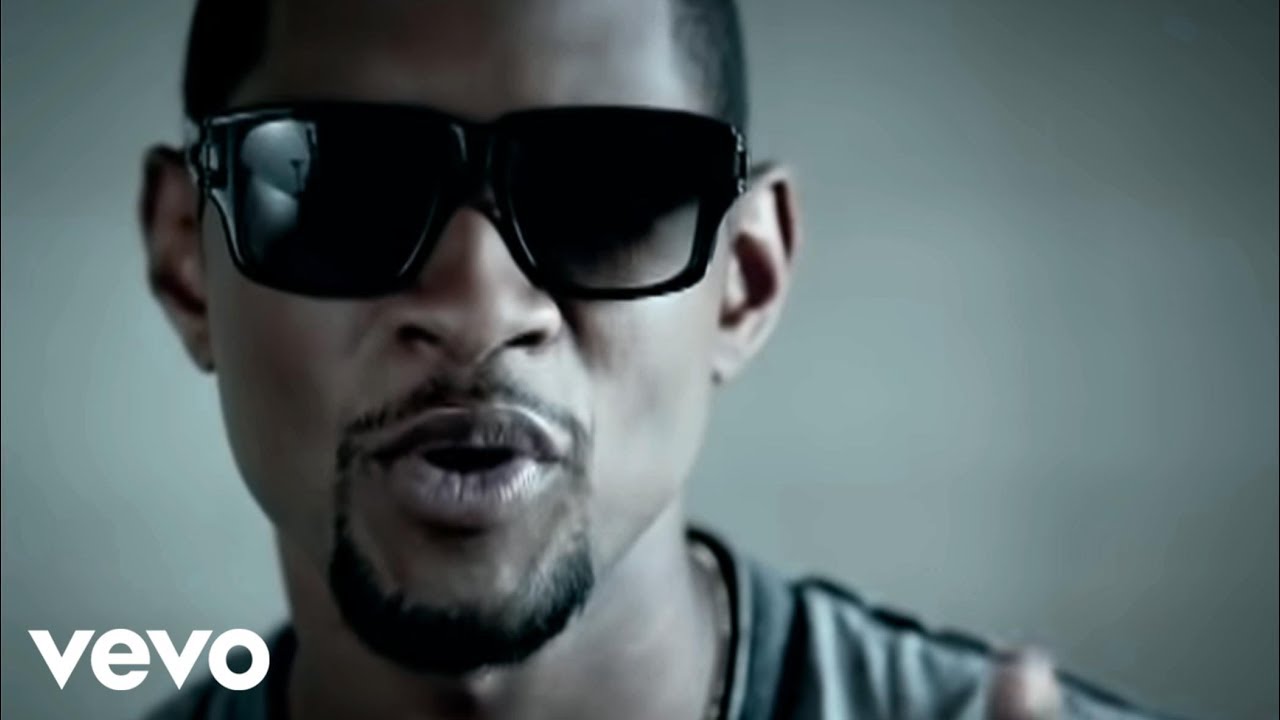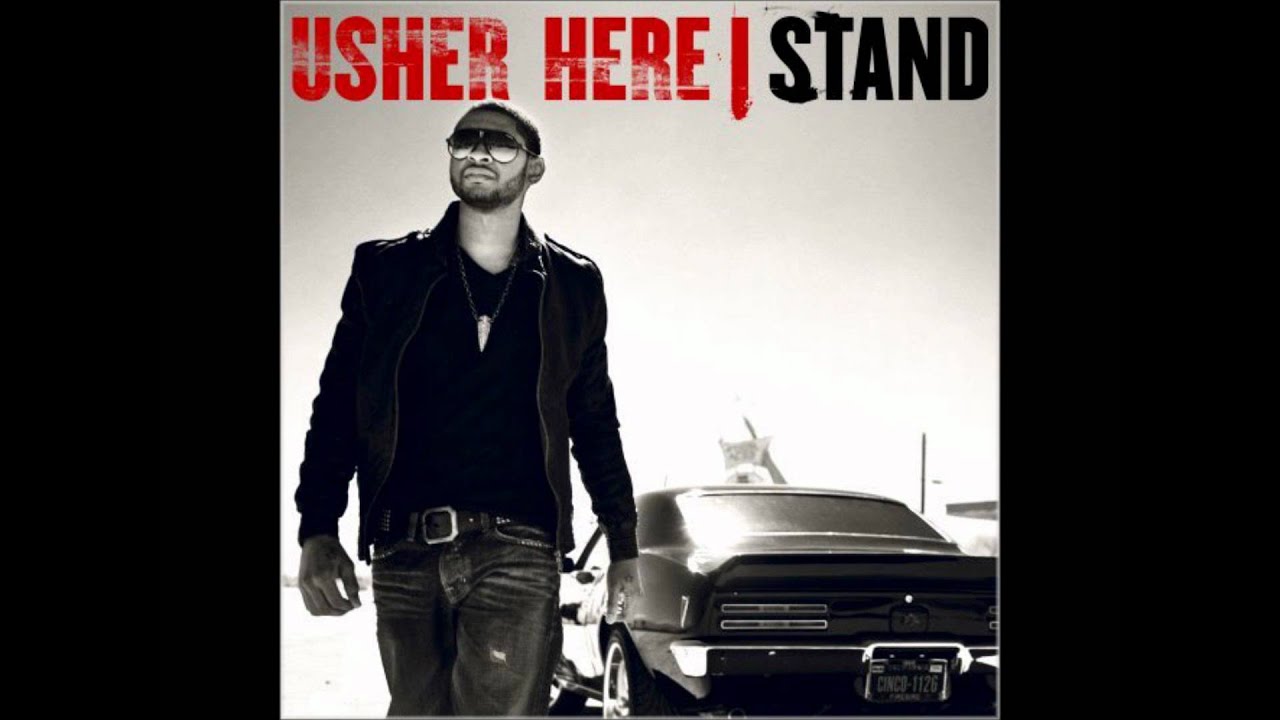“Trading Places,” directed by John Landis and released in 1983, has solidified its place as a classic in American cinema. This riotous comedy not only tickles the funny bone but also serves up a side dish of social commentary that feels relevant even today. With its clever plot, memorable performances, and quick wit, this film has cemented itself as a must-watch for anyone with a passion for movies. Let’s dive into seven compelling reasons why “Trading Places” remains an unforgettable comedy that deserves a spot on your watchlist.
7 Reasons Why Trading Places Remains a Must-See Comedy Today
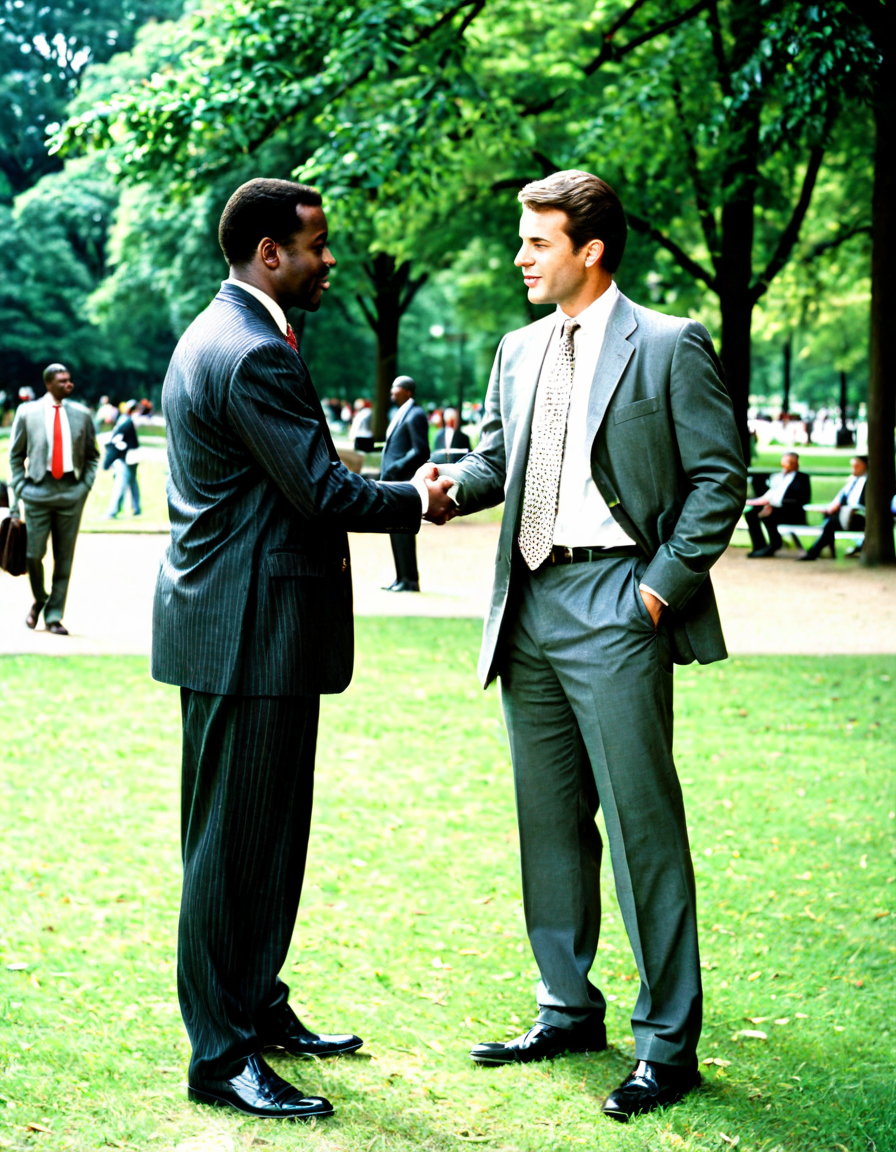
1. A Timeless Message on Class and Wealth Disparity
At its core, “Trading Places” tackles the glaring differences between social classes. The film revolves around a social experiment orchestrated by two wealthy brothers. They decide to swap the lives of a streetwise con artist, played by Eddie Murphy, and a privileged commodity broker, portrayed by Dan Aykroyd. This narrative shines a light on the arbitrary nature of class distinctions and how fortunes can flip in an instant. As our society grapples with rising wealth inequality, especially since the pandemic, the film’s thematic elements feel fresher than ever.
2. Eddie Murphy’s Career-Defining Performance
Eddie Murphy shines as Billy Ray Valentine—his performance here is a game changer for the actor. Murphy’s charisma and unmatched comic timing brought the character to life with phenomenal energy. We watch as he transforms from a homeless man to a wealthy elite, capturing the essence of the American Dream. His pivotal role paved the way for future comedic endeavors, influencing films like “Coming to America” and “Beverly Hills Cop.” Fans of comedy owe a debt to Murphy for showing how far a sharp wit can take a character.
3. Iconic Supporting Cast: A Powerhouse Ensemble
The laughs in “Trading Places” aren’t confined to the lead actors; the supporting cast also leaves a lasting impression. Jamie Lee Curtis’s portrayal of Ophelia adds depth and complexity as she navigates her own pitfalls. Her interactions with the male leads amplify the film’s humor and heart. Moreover, the Duke brothers, played by Don Ameche and Ralph Bellamy, comically lament the absurdities of the ultra-wealthy, making them both detestable and strangely amusing. This well-rounded ensemble enhances the film, appealing to a broad audience throughout the years.
4. Social Commentary Wrapped in Humor
“Trading Places” brilliantly combines comedy with biting social commentary. From nature versus nurture debates to fair critiques of capitalism’s ethics, this film invites viewers to ponder life’s serious questions—all while laughing their faces off. Its satire exposes the absurd realities of wealth and class, making it more than just a comedic romp. By reflecting on the economic disparities of its time, the film remains a relevant touchstone in modern discussions about society’s ongoing struggles.
5. Unforgettable One-liners and Catchphrases
The dialogue in “Trading Places” has become legendary, filled with one-liners that fans quote long after the credits roll. Phrases like, “I’m gonna give you a little bit of advice: Don’t ever take a shortcut in your life” resonate across generations. These snappy exchanges are at home in memes and conversations, further embedding the film into pop culture. Its ability to create memorable catchphrases speaks to the film’s lasting impact and its appeal amongst both comedy aficionados and new audiences alike.
6. The Role of the ‘New 100 Bill’ in the Narrative
Money’s influence is a central theme in “Trading Places,” embodied by the infamous ‘New 100 Bill.’ This currency serves as a crucial element in the story, representing power dynamics between the characters. The climax, where the Duke brothers manipulate the stock market, addresses the moral implications of greed and corruption. This theme parallels ongoing debates about Wall Street behavior today, showcasing the film’s foresight in addressing these critical issues.
7. Influence on Modern Comedic Cinema
“Trading Places” has indelibly shaped the landscape of comedic cinema. Its narrative structure, where characters experience profound changes through humorous circumstances, influences countless films today. You can find echoes of its brilliance in movies ranging from “The Other Guys” to “The Intern,” attesting to its lasting appeal. The clever interplay of humor and social dynamics remains a go-to formula for writers and filmmakers in comedy.
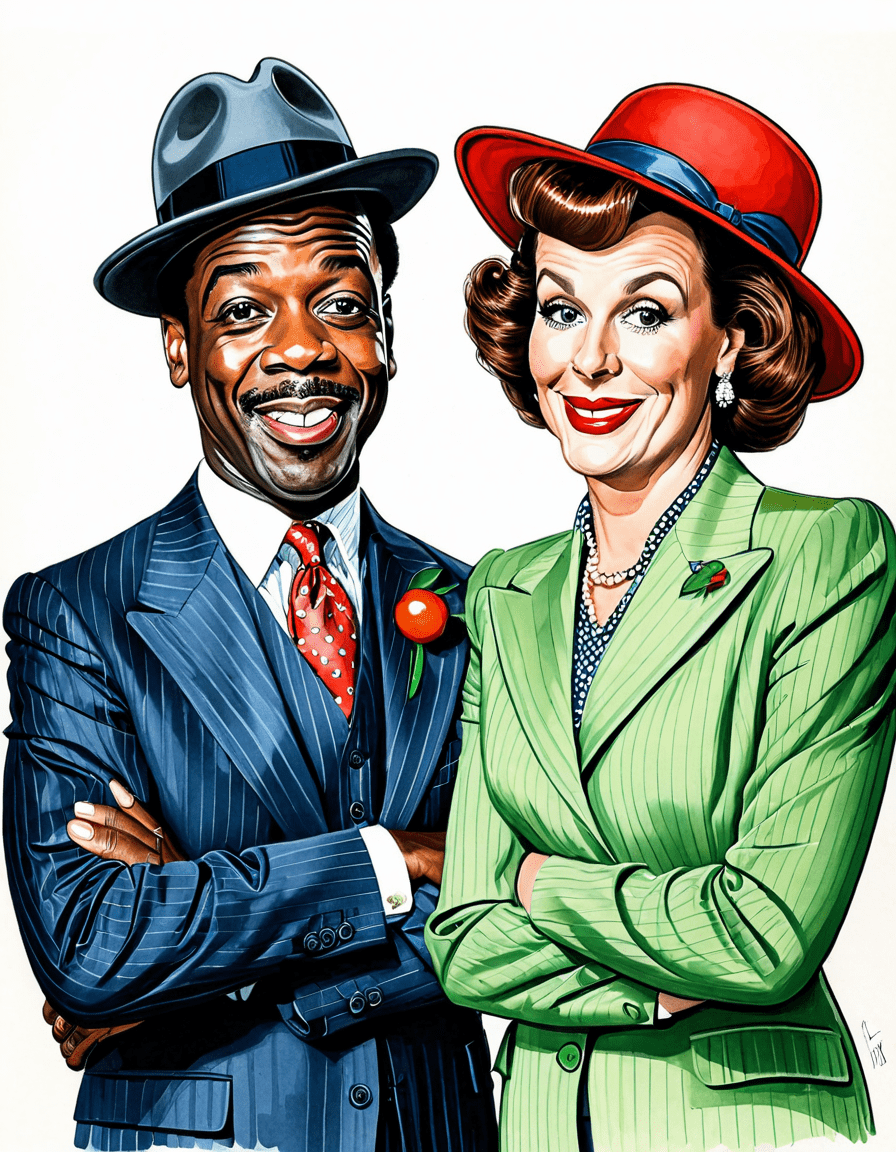
The Lasting Legacy of Trading Places
As we move further into the 21st century, “Trading Places” stands as more than just a comedy; it provides essential insights into class, wealth, and the human experience. The film’s humor lifts the discourse surrounding these topics, offering a comedic lens through which viewers can engage. In an age where discussions about wealth inequality are more prevalent than ever, “Trading Places” remains a compelling classic that prompts us to reflect on our own societal positions while tickling our funny bones.
For those in love with film history, pop culture, and meaningful social commentary, revisiting “Trading Places” is not just a option; it’s a necessity. Don’t miss a chance to dive into this treasure trove of comedy, as it delivers both laughs and poignant observations on life’s unpredictable nature. Ready for a belly laugh while pondering the absurdities of life? Put “Trading Places” on your list—it truly is a hilariously wise classic that has stood the test of time!
Trading Places: Fun Trivia and Interesting Facts
A Legendary Swap
Did you know that Trading Places not only made audiences laugh, but also pulled off a legendary social commentary? The film blends humor with a critique of wealth and class in America, making it still relevant today. Speaking of memorable performances, the film stars Eddie Murphy and Dan Aykroyd, both of whom were at the top of their game. Aykroyd once claimed that the role of the rich snob was his chance to channel all the wild synonym-style antics he had witnessed among the elite, providing viewers with a hilarious perspective on the upper crust. Just imagine Eddie Murphy’s character, Billy Ray Valentine, navigating through this bizarre world while highlights of his talent echo through recent stars like Taylor Zakhar perez.
Behind the Laughter
Trading Places isn’t just a comedy; it’s a treasure trove of fun trivia! For instance, did you know the film was shot in just a mere three months? That’s a lightning-fast pace for a movie that packed so much humor into its runtime. One quirky detail is that the scene where Murphy is dressed as a preppy rich guy features him wearing a rather fashionable wool coat. It has inspired various looks across pop culture, paralleling the style evolution seen in shows like Outer Banks. Now, while the film may seem light-hearted, it also grapples with serious themes of economics and morality—elements that make it resonate with classics like Howard The Duck, which also contains unexpected layers beneath its comedic surface.
Influencing Pop Culture
The impact of Trading Places is almost as profound as Edgar Allan Poe’s wife in literary history. The movie’s premise—a rich man and a con man swapping lives—swings open the door for other films to explore similar concepts, paving the way for escapades that look at class and privilege with a comedic lens. Characters like Billy Ray would later influence comedic styles in films and television. You can see shades of his character in the work of comedic talents, such as Anderson Paak in his music videos, where sartorial extravagance meets social commentary. Plus, the film’s memorable one-liners stay relevant, often quoted among fans, much like the unforgettable performances from actors like John turturro, who never fails to impress with his range. So, whether you’re from Paducah KY or anywhere else, revisit Trading Places to experience a comedy classic that cleverly mingles laughs with sharp social observations!
